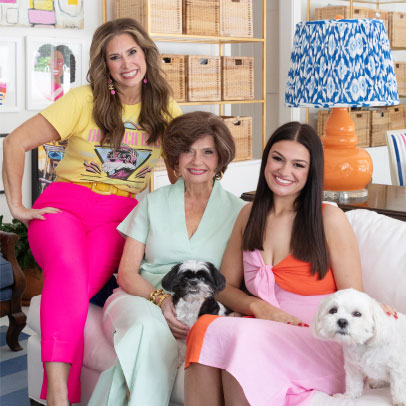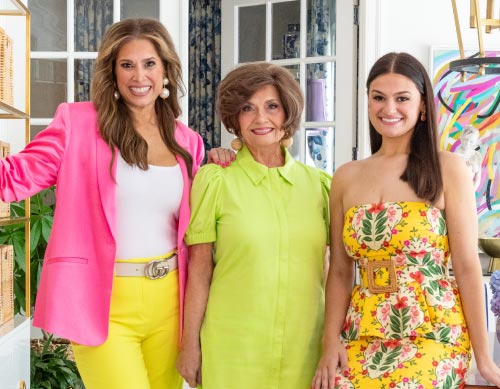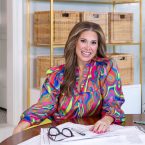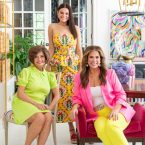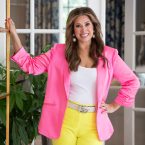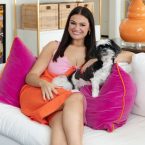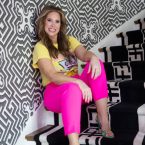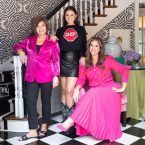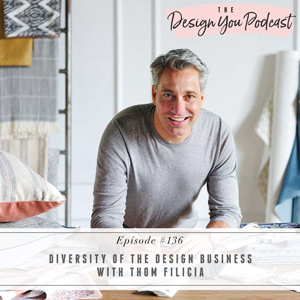
I have a real treat for you today, friends, and today’s guest needs no introduction! Today, we’re talking all things design, with a focus on the industry and the diversity within it. There are many ways to get involved in the world of design right now, and who better to talk about this than the one and only Thom Filicia!
I’m sure you know this already, but Thom Filicia is an interior designer, product designer, author, influencer, and TV personality. He started out on Queer Eye for the Straight Guy and has done so much amazing stuff since! He’s an incredible business person, and he joins me today to share some great tips and advice if you dream of becoming a TV star or designer or growing your business.
Tune into the podcast this week as we discuss how the design industry is evolving and presenting incredible opportunities, and how to use these to create a stronger and more powerful profession. We discuss the importance of having a career in something you’re passionate about and why you can make your career in the business of design anything that you want it to be! What an amazing time to be a part of this industry, you’ll love this episode!
If you want help in creating financial freedom and building a business that’s fun and thriving, get on over to the Design You Coaching Program! We only enroll a few times a year, so be sure to sign up for the waiting list ASAP to be notified when we next open our doors!
If you want to keep this conversation going, you have to join my free Design You Podcast community on Facebook. We have great conversations over there about the podcast episodes and our podcast guests are in there too! So head on over and I’ll see you there!

